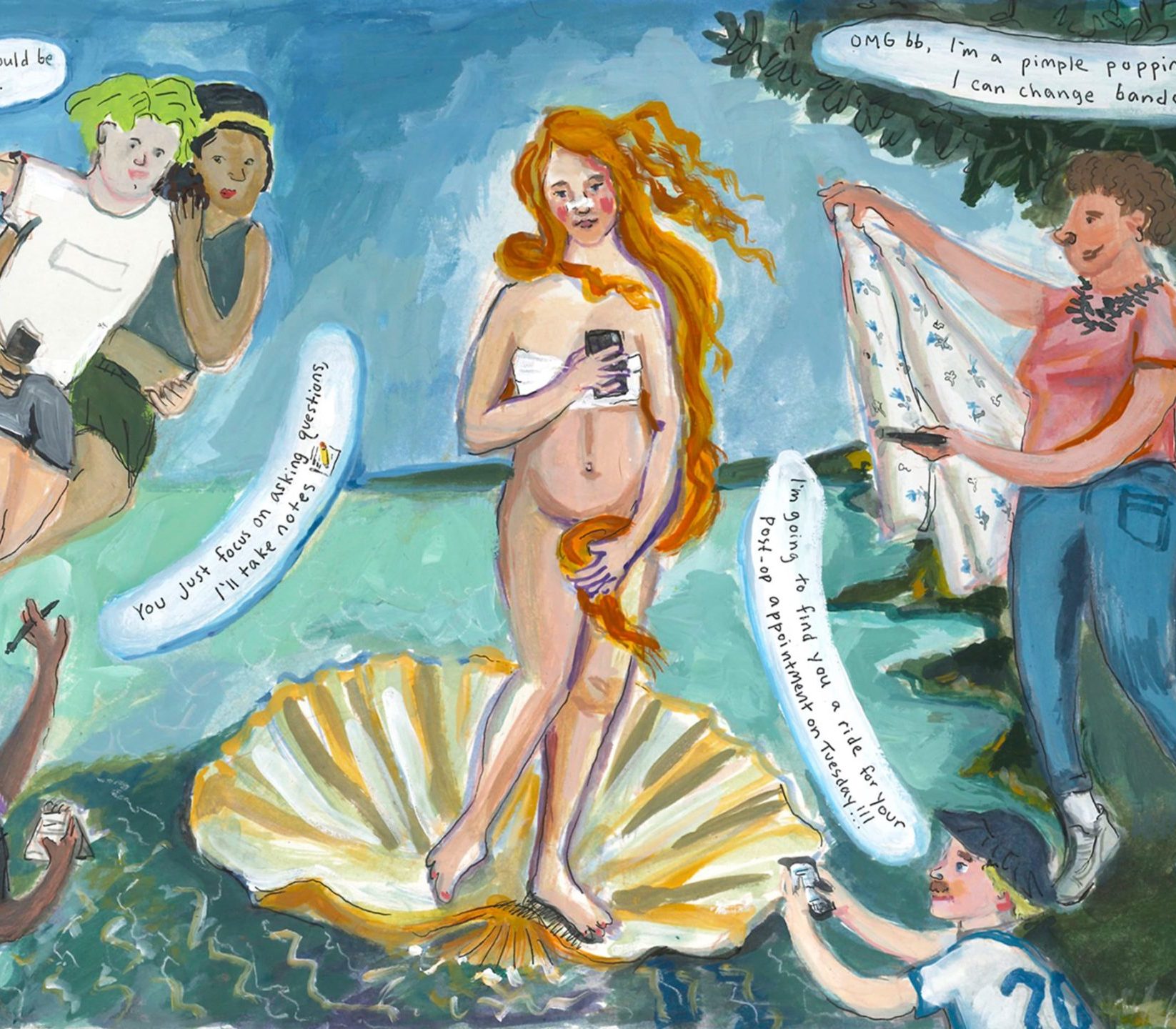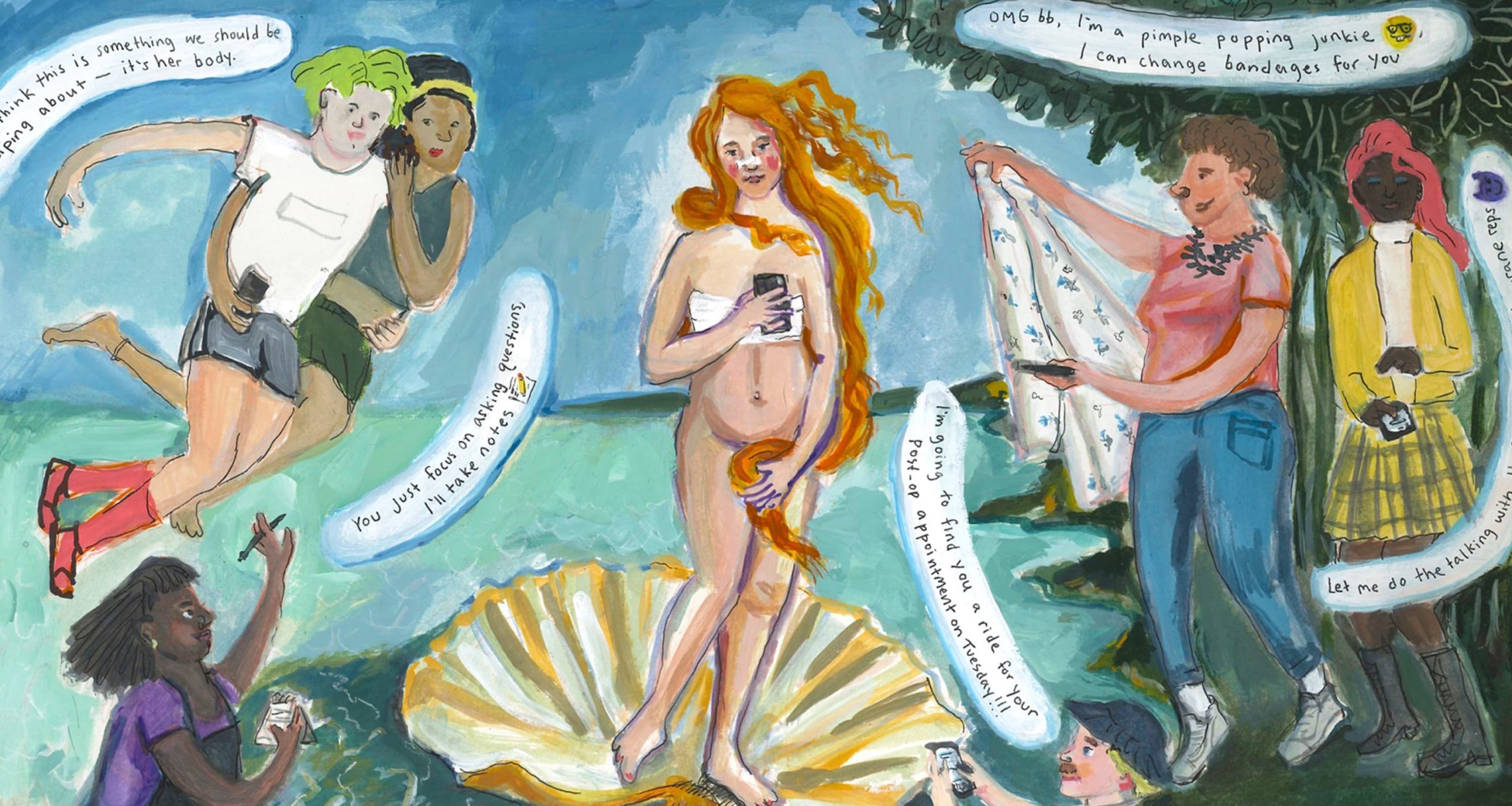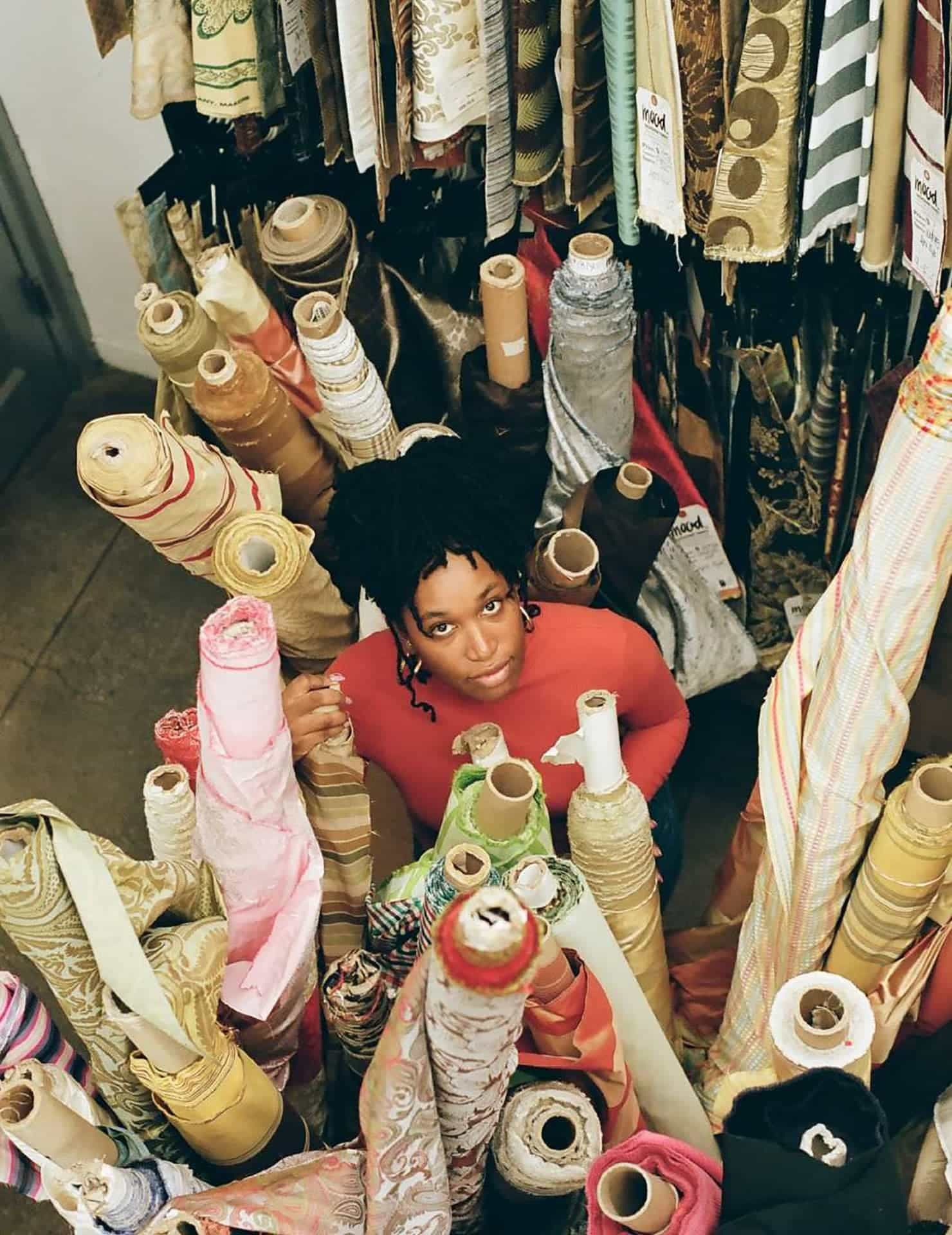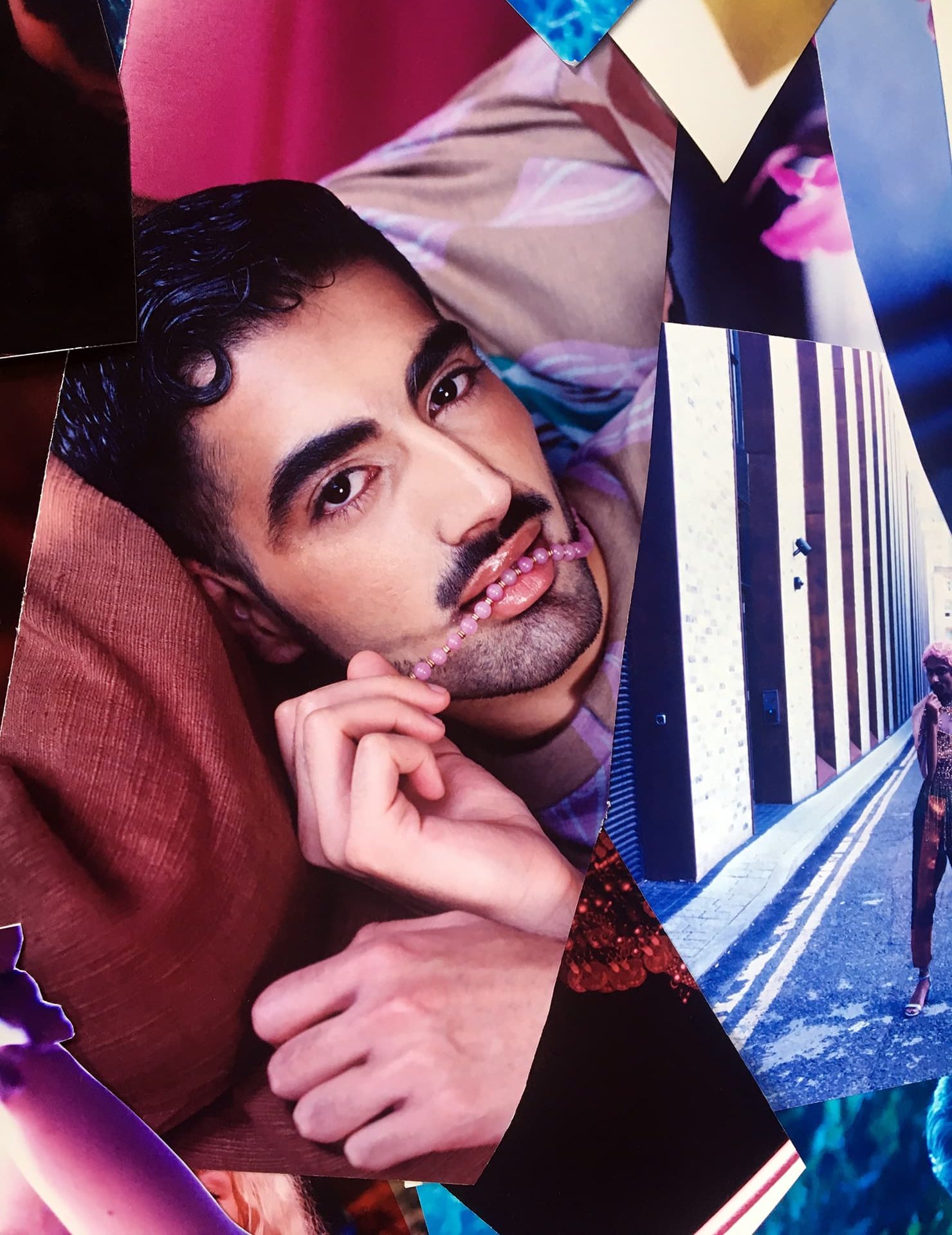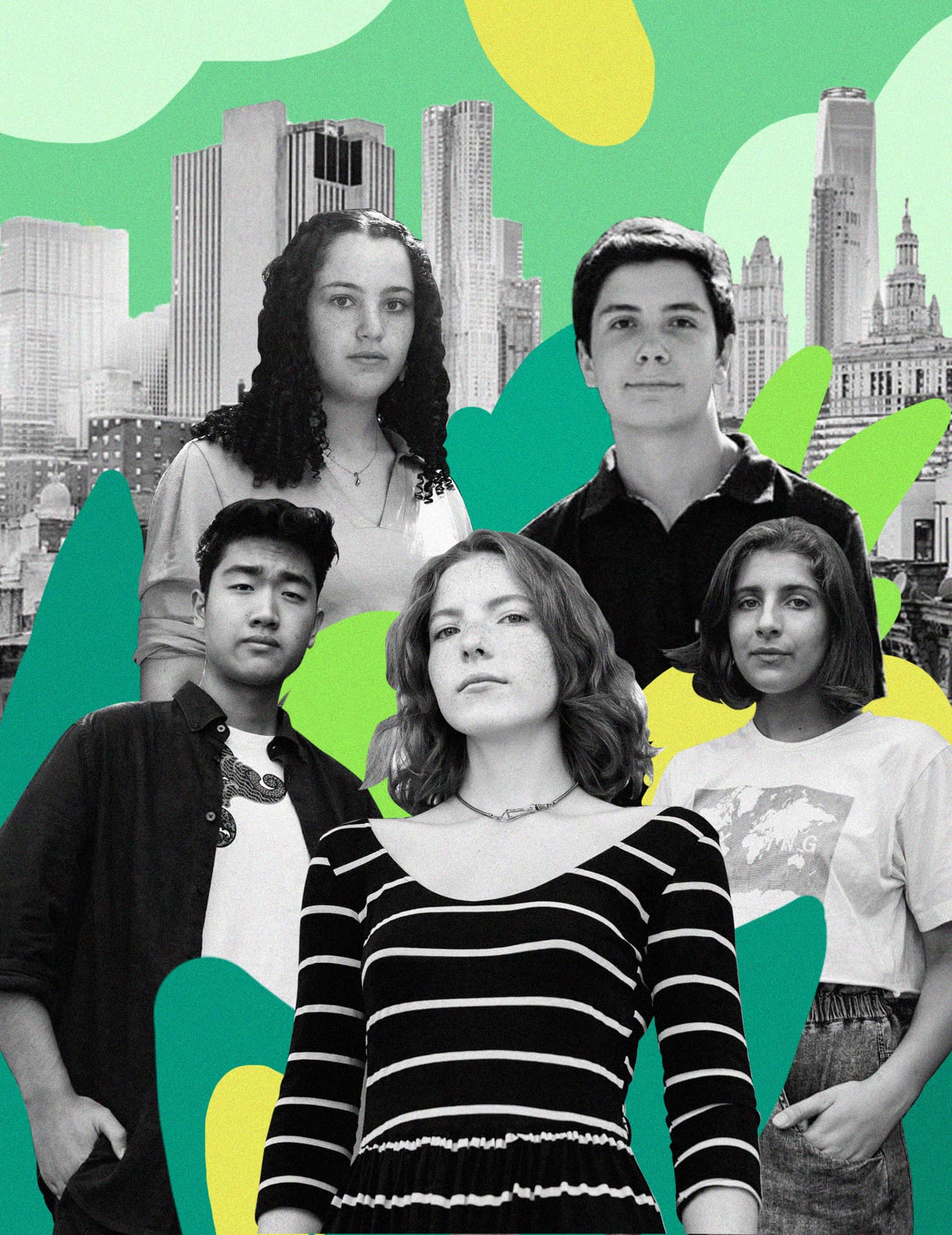Gender affirming surgery is on par with having a long-awaited baby in #lifegoals- a joyful occasion and a really big deal. Like pregnancy or taking care of a newborn, It also involves a lot of logistical planning, physical recovery and emotional energy. It takes a village to support someone having surgery, and all kinds of allies can step up to fill different support roles. Every person and every surgery is different, so make sure you ask for permission and guidance rather than making assumptions.
1. The bossy friend
“Let me do the talking with those frustrating insurance reps ????”
Being transgender, two-spirit, gender expansive or nonbinary (T/GE) can involve a lot of red tape. Calling doctors’ offices and insurance companies is tough for anyone. It’s even harder when you could get a strange reaction to your identity from the person on the other end of the phone. While outright hostility is unprofessional (and could be illegal discrimination, depending on where you live), most often transphobia shows up in the form of cluelessness from people who should have answers. Having a bossy friend to help with the phone calls to press for answers about things like costs for using your insurance plan and scheduling consultations with surgeons can go a long way towards keeping up momentum and relieving stress.
2. The note taker
“You just focus on asking your questions, I’ll take notes ???? ”
Having a consultation for a gender affirming surgery can be a totally overwhelming, nerve-wracking and exciting experience. It is best to have a written or typed list of questions so that all questions are covered. But a lot can be ambiguous in verbal communication. As a friend in the consultation, you can be emotional support and you can also take notes on the conversation with the surgeon. That way the person planning surgery can focus on the topic at hand and not try to remember everything. Go out together to lunch after and go over your notes while the memory is still fresh. That way you can iron out anything that still feels vague or that the two of you understood differently. If more questions come up or you both aren’t sure what something meant, ask for another consultation appointment or send questions by email. The surgeon can’t go into a medical school level of detail with everyone and can’t answer a question that was never asked. It’s the patient’s responsibility to ask for clarification and the surgeon’s responsibility to provide it.
3. The spreadsheet queen
“I’m going to find you a ride for your post-op appointment on Tuesday!!!”
It can be annoying to have to wait so long to have surgery (there are surgeons who book a year or more in advance) but it also means there is time to plan ahead. Different surgeries require different amounts of help around the house, but at the very least a visit or a phone call to check in and hang out can be useful, and you don’t want a party in your house the day after surgery and then no visitors for weeks. Using online spreadsheets or other ways to collaborate and fill in a schedule can also help to provide for rides to post-op appointments when someone who just had surgery can’t drive or take public transportation. Providing nutritious food, assistance with laundry and walking pets or taking care of children can also be a way to help out someone who is recovering.
4. The unshakeable friend
“OMG bb, I’m a pimple popping video junkie ????, I can change bandages for you”
A surgeon should give really clear instructions about what kind of maintenance is needed after surgery. They might want to keep your friend wrapped up under bandages and be the only one to touch the surgery site in a follow up appointment, or they could give guidance about changing dressing and applying ointments or other wound care at home. Regardless of this kind of help, it’s understandable to have moments of panic after surgery and frantically text a picture and “is this normal??” to everyone else awake at 2am. The surgeon and staff at the facility where surgery was done will give information about warning signs and who to contact if they appear, but it might be useful to know who in your circle is available to talk about potentially bloody healing and take it in their stride without amping up your own anxiety.
There can also be emotional wounds. Especially if there is a bump in the road with healing, it is normal to have moments of doubt and depression during the healing process. Being stuck in bed, anesthesia leaving the body, and the uncertainty of how things will look later can all fuel feeling down. If your friend does have these feelings, it can be jarring when they are also excited about having surgery in the first place. Listen to your friend talk about how they feel in the moment without judging what it means for their transition or the final outcome of surgery. Being sympathetic and unshakeable can go a long way towards helping to support them through the most vulnerable parts of healing.
5. The privacy hound
“I don’t think this is something we should be gossiping about. It’s her body.”
Curiosity is natural. Gender affirming surgery might be a new and unfamiliar topic for your wider circle of friends. Sharing thoughts and feelings with each other could be a good way to get reactions out of your system and check each other on the right way to be supportive of the person having surgery. It’s possible to educate the naive or misinformed about what happens during surgery and what to expect after. There is a fine line, however, between educating each other and rudely focusing on another person’s body. Would you want people to talk the same way about your chest, genitals or face? You can support your friend by helping to protect their privacy and not treating their body as fascinating entertainment. When in doubt, if you learn a detail about your friends body, always ask, “what can I share more widely?” Your friend might want the event of surgery itself to remain private information, and if you have been allowed into the support network, you should respect your friend’s trust in you.
6. The elephant who never forgets
“Your surgery was two years ago this month, huh? Have you noticed anything new recently?”
Surgery is a long process. Anytime skin is cut and rearranged, small nerves are disrupted. They take time to regrow, slowly, at a rate of one millimeter a day. As sensation returns, it takes longer for new sensory input to map in the brain and for the signal to integrate into a new location. Your friend can also still be making sense of what it’s like to live without the discomfort they previously experienced and how the world reacts to their new physical form. Surgery is an exciting event, but we continue to live in and grow with our bodies our whole lives. Check in with your friend after six months, a year or further out after surgery to hear about how their experience continues to evolve.
